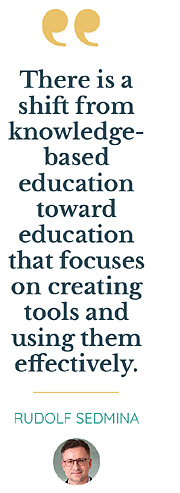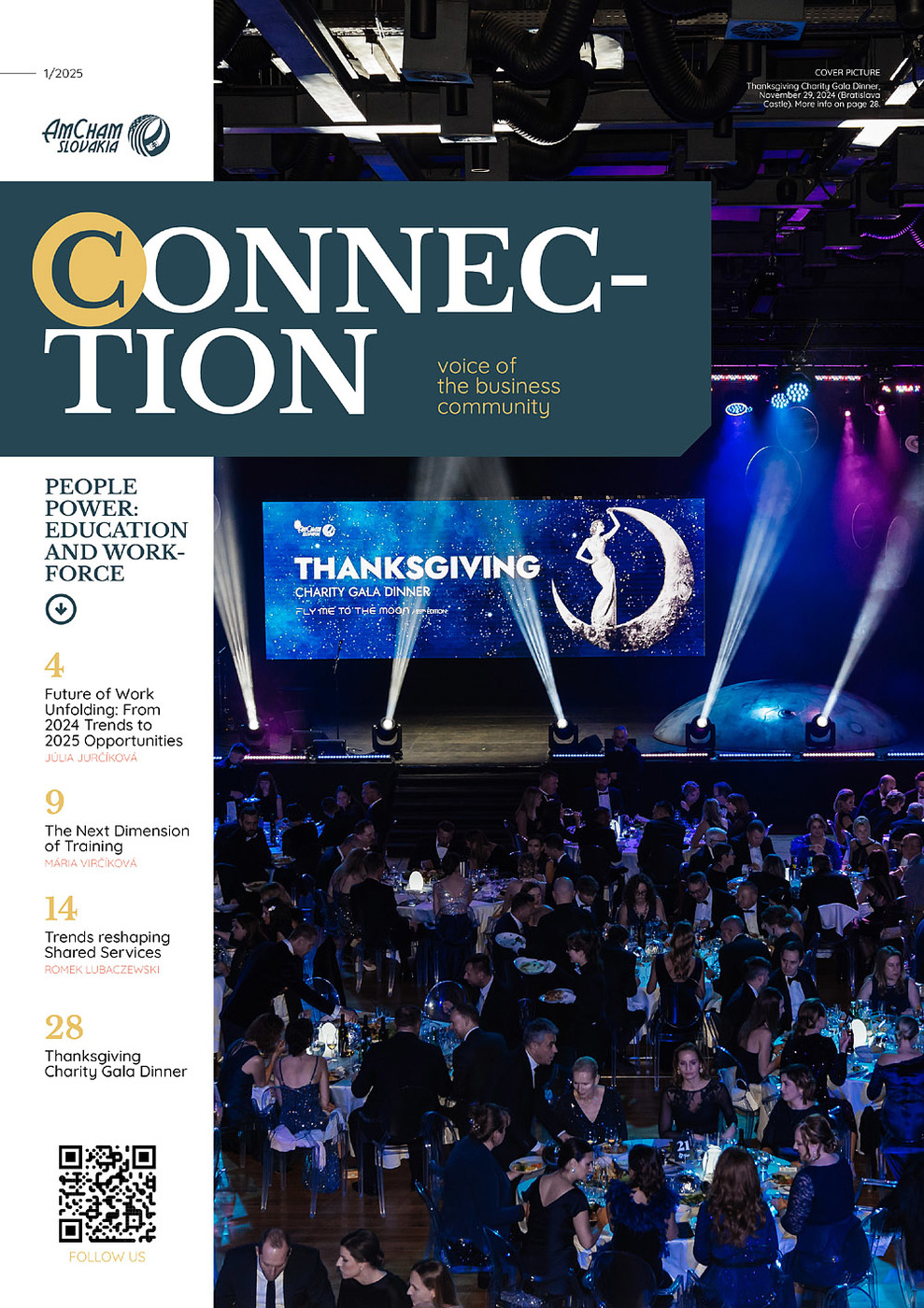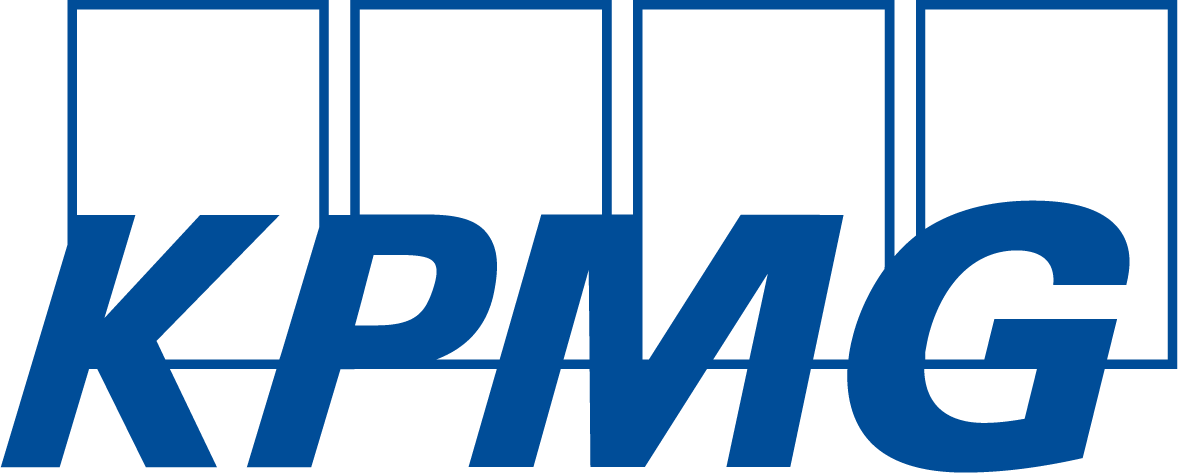Against this backdrop, KPMG’s Future of Work survey provides crucial insights into how employees perceive their companies’ readiness to navigate this changing landscape. Drawing on input from 4,197 employees globally, the survey sheds light on the actions organizations must take to thrive in an era defined by AI and dynamic workforce trends.
- 54 % - The research shows workers lack awareness of, and confidence in, their firms’ technology strategies. Despite the race to embrace AI, little more than half of the respondents (54 percent) said their employer has adopted new technologies over the past three years.
- 66 % - Sixty-six percent of employees expect technology to enhance their productivity over the next three years. More than a third say new technology will automate as much as 30 percent of their job; a quarter think it could automate up to half of their job.
- 2/5 - Almost two in five workers feel that productivity improvements are outweighed by the effect on their wellbeing and mental health. A fifth believes technology has impaired their productivity.
- 36 % - Thirty-six percent say their organization is unclear on how its workforce must change to meet future business and customer needs based on the company’s current data and technology stack.
- 62 % - Sixty-two percent say a company’s investment in upskilling influences their decision to join, leave or stay with an organization whereas only 56% say their organization is proactively investing in reskilling and upskilling.
Technology will increase employee productivity, but too many tools can have the opposite effect
According to the survey, 66 % of employees anticipate productivity gains from generative AI, yet 38 % are concerned about its potential negative impact on their well-being and mental health. Many worry that new technologies could overwhelm employees, likely because they are not yet fully equipped to harness these tools effectively. To address this, businesses should avoid inundating their workforce with excessive technology and new tools and focus on gradual testing and implementation instead.
 Additionally, employees are increasingly experiencing insecurity - nearly one third (31 %) fear that new technologies could render their jobs obsolete. This uncertainty largely stems from unclear communication by companies about how they plan to integrate and utilize these tools in the future.
Additionally, employees are increasingly experiencing insecurity - nearly one third (31 %) fear that new technologies could render their jobs obsolete. This uncertainty largely stems from unclear communication by companies about how they plan to integrate and utilize these tools in the future.
More than specific knowledge, we need to learn how to use new technologies
The rapid pace of change impacting organizations, combined with technological advancements, has underscored the critical need for continuous learning among employees. In fact, 72 % of respondents believe that learning and upskilling are essential for staying relevant in their field. This sentiment is also shaping their expectations of employers, with 62 % stating that a company’s approach to training influences their decision to join, stay, or leave a job.
“There is a shift from knowledge-based education toward education that focuses on creating tools and using them effectively. The specific knowledge required for a particular role will increasingly be delivered by AI to employees on demand. This makes it essential to develop the skills needed to work effectively with AI,” says Rudolf Sedmina, Partner at KPMG in Slovakia.
Employees must feel that their work is meaningful
According to KPMG’s The Future of HR study, 61 % of HR leaders recognize the need to update their organization’s strategic and value proposition to keep pace with marketplace changes. Employees increasingly prioritize culture, values, purpose, and fair compensation when deciding on and staying with an employer. The top three reasons cited for leaving a job are poor work-life balance, inadequate financial compensation, and inflexible working hours.
Artificial intelligence offers a powerful tool to address these challenges. By automating routine tasks, improving access to information, fostering creativity, and saving time, AI can help alleviate employee workloads. Currently, 64 % of employees report an increase in their workload, while 70 % express openness to delegating tasks to AI. Forward-thinking companies will focus on aligning human skills with AI capabilities - not just to cut costs, but to boost productivity and drive innovation.
How can company leaders combine the potential of AI with the potential of their employees?
Harness the potential of artificial intelligence
Leaders should experiment with generative AI to make the most of it within their organizations. They should also equip their workforce with the right tools that can enhance their work today, while offering the development opportunities to prepare for the future.
Shape the workforce of the future
In an AI-first world, organizations should expect to adopt an AI-first mindset. They should enhance the workforce mix, balancing the ‘buying’ of new skills with upskilling existing employees.
Educate yourself continuously
With the pace of technological change, businesses, and employees should adjust to living in a constant state of learning. Upskilling will likely be continual to stay in line with technological advances.
Change starts in the middle
A conduit between senior leadership and employees, middle managers can help translate technology strategies into action and outcomes on their teams, if they are equipped and skilled to do so.
KPMG



Follow us